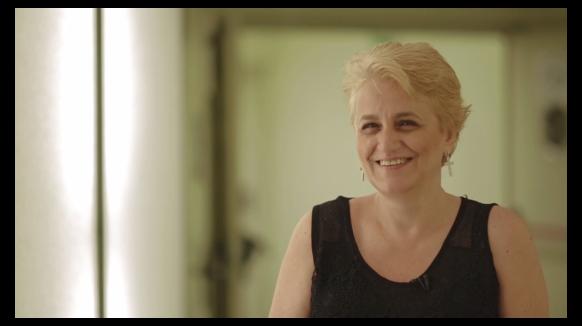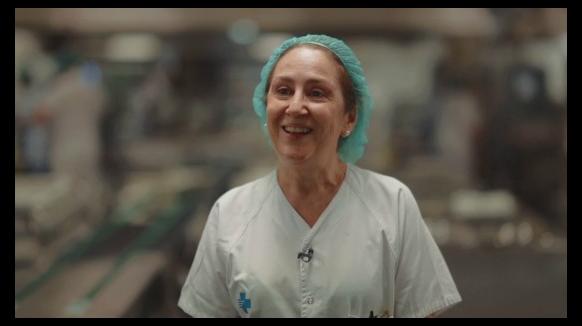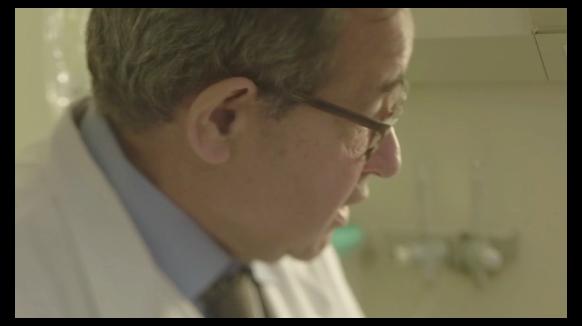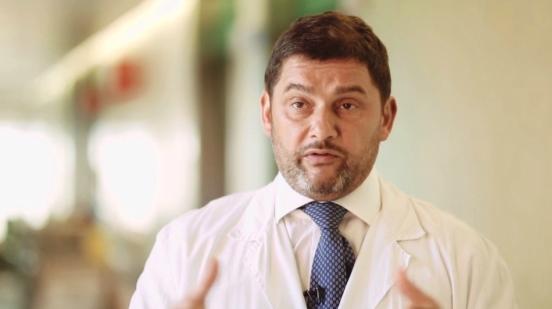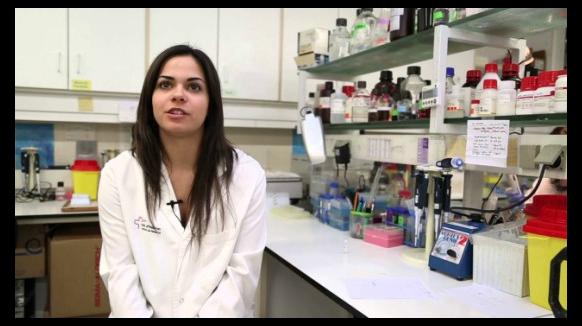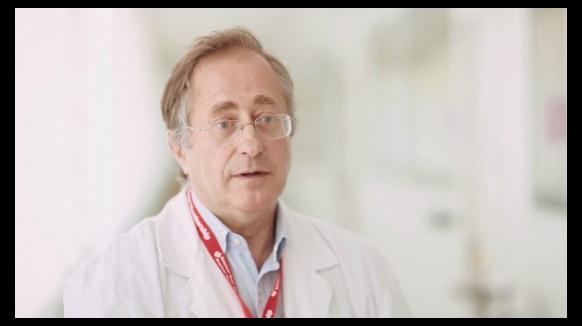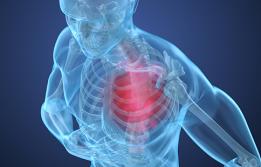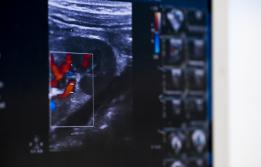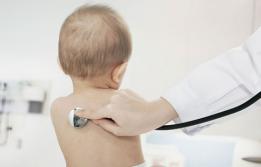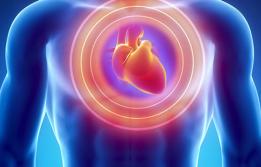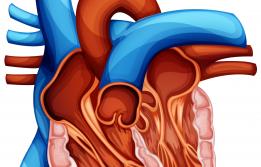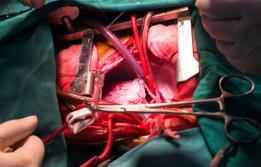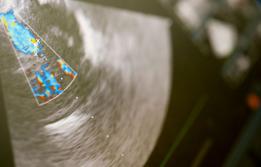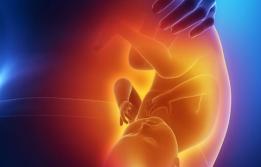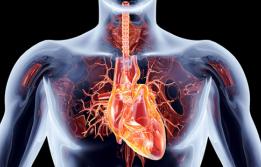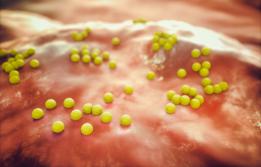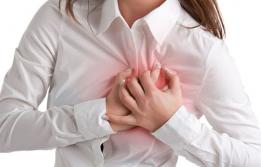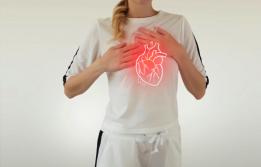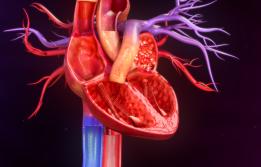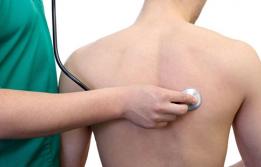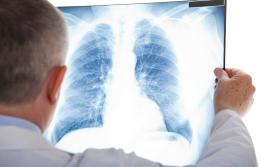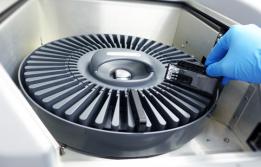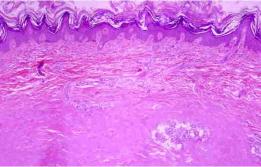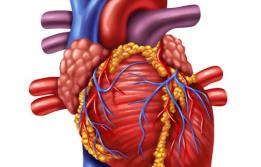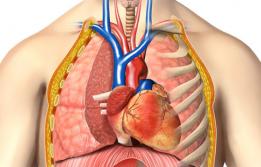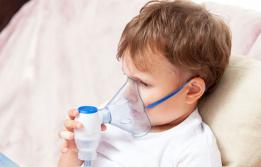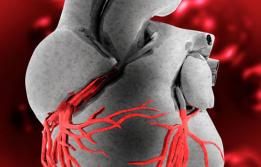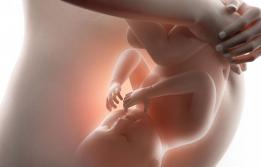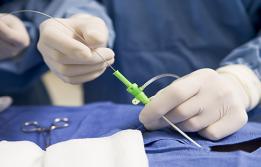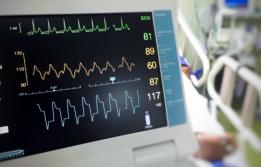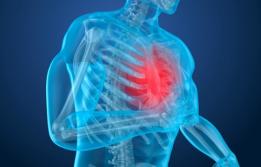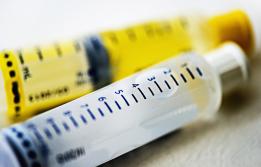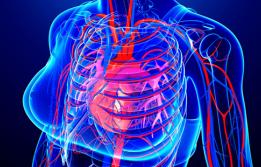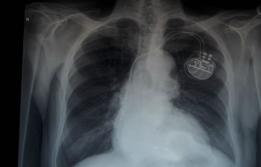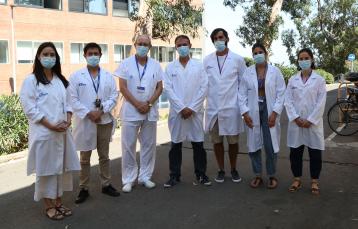Cardiology
The Cardiology Department diagnoses and treats heart diseases. These include ischaemic heart diseases such as myocardial infarcts and angina. As well as cardiac insufficiency, valvulopathies, familial heart disease and arrhythmias.
Cardiovascular diseases are the main cause of premature death in most developed countries.
Description
The Vall d’Hebron Cardiology Department offers specialist care, with advanced procedures and the most innovative technology. It is a pioneer in developing and running clinical-practice protocols. It provides patient-centred service and offers medical care agreed on by the entire Cardiology team. Notable features include its own Clinical Epidemiology Unit and Experimental Cardiology Laboratory.
The Cardiology Department boasts 37 highly qualified professionals, with specific skills and training.
The team is divided up into the following units:
- Cardiovascular Critical Care Unit
- Arrhythmia Unit
- Cardiac Imaging / Echocardiography, Familial Heart Disease and Aortic Pathology Unit
- Congenital Heart Disease in Adolescents and Adults
- Haemodynamics and Interventional Cardiology Unit
- Heart Failure Unit
These units are at the forefront of heart-disease treatment and offer multidisciplinary care for patients. The department aims to meet the future challenges of cardiology. A few examples of this are the Familial Heart Disease and Complex Congenital Heart Disease Units. And procedures such as transcatheter valve implanting and treatment for pregnant women with heart disease or endocarditis.
The nursing team is also a key feature for offering excellent care. They take part in every diagnostic and therapeutic procedure, in educating patients, in secondary prevention for the early detection of diseasesand in patient rehabilitation. Their work is especially important for elderly patients with multiple illnesses. Such patients have several programmes at their disposal, including clinical care and cardiac rehabilitation for ischaemic heart disease. The programmes are provided in coordination with the referred area’s primary care and gyms.
Research
The research group in cardiovascular diseases carries out basic, clinical and epidemiological research. Its aim is to generate knowledge for improving prevention and patient diagnoses and treatment.
The group has 19 main researchers and 32 clinical projects and trials currently running. It published 142 papers in 2020.
The research group is part of the CIBERCV network, the Biomedical Research Networking Centre on Cardiovascular Diseases. It collaborates in the following areas:
- Ischaemia-reperfusion injury: cardioprotection mechanisms, ischaemic conditioning and remodelling.
- Coronary heart disease: genetic factors involved, determining factors in thrombotic complications and prognosis-factor studies.
- Aortic diseases: determining factors in aortic dilation, anomalies in aortic biomechanics in Marfan syndrome and new methods for obtaining images.
- Congenital or familial heart diseases: determining genetic factors and prognosis-factor studies.
The research group takes part in the CIBERESP, the Biomedical Research Networking Consortium on Epidemiology and Public Health. It focuses on the following aspects:
- studying effectiveness
- cost-effectiveness of cardiovascular operations
- research in health results
- clinical research methods
Education and Training
The Vall d’Hebron training programme includes:
- undergraduate, master’s and doctoral students from the Autonomous University of Barcelona
- the medical specialisation in Cardiology programme (MIR)
- post-MIR subspecialisation programmes
- ongoing medical education
The Cardiology MIR programme’s success enables the recruitment of high-level doctors to the hospital.
The Cardiology Department also includes and jointly supervises an international doctoral school at the University of Barcelona as well as organising important scientific meetings. Vall d’Hebron enjoys international recognition for all the above reasons as well as considerable impact on many areas of knowledge. The department’s professionals collaborate in prestigious international bodies and societies, as well as on the editorial boards of scientific magazines in their field.
